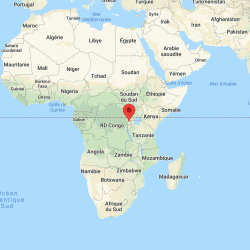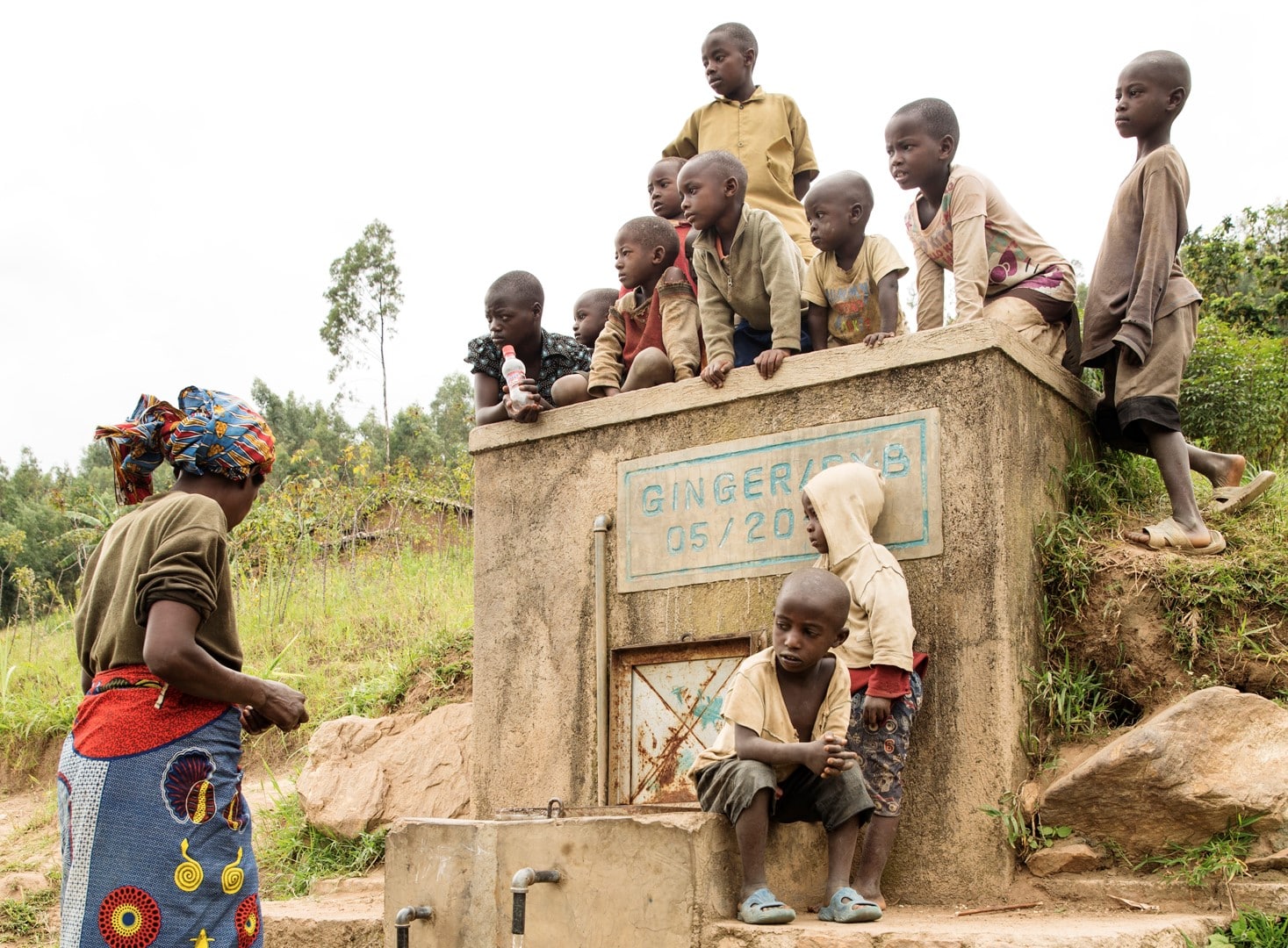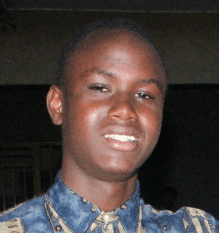Context
Rwanda is still affected by the 1994 genocide, during which nearly one million Tutsis were massacred. The democratically elected Rwandan Patriotic Front gradually restored order, security and then civil service and ensured the stability of the country.
Rwanda was one of the few countries that had been able to achieve most of the United Nations Millennium Development Goals. Substantial progress has been made in poverty reduction, education and HIV prevention.
Despite these successes, Rwanda is still a poor country, ranked 160th out of 189 by the latest UNDP Human Development Index in 2020. It faces significant development challenges. Chronic malnutrition, poor infrastructure, lack of access to electricity, early childhood development, child mortality, the quality of education and the prevention of violence against children all require sustained attention.
Our action
The Turengere Abana “Protecting Children” program, funded by USAID and implemented by FXB Rwanda since 2012, aims to improve the social and economic well-being of orphans and vulnerable children and their families, with a particular focus on those infected and/or affected by HIV/AIDS.
This large project has been implemented in the districts of Huye, Burera, Musanze and Kayonza until 2020 and is currently being expanded in Muhanga, Rwamagana and Nyanza.
It aims to support early childhood development, primary and secondary schooling, and vocational training for vulnerable children and youth. It also promotes the economic empowerment of their families through their involvement in savings and credit groups and the creation of income-generating activities. Young people and adults are sensitized to HIV/AIDS prevention and sexual and reproductive health.
In addition, the DREAMS (Determined, Resilient, Empowered, AIDS-free, Mentored and Safe) component aims to reduce the risk of HIV/AIDS infection for girls, adolescents and young women aged 10 to 24 through HIV prevention activities and sexual and gender-based violence. They are also supported in primary, secondary and vocational education, psychosocial and interpersonal skill-building, and economic empowerment.


